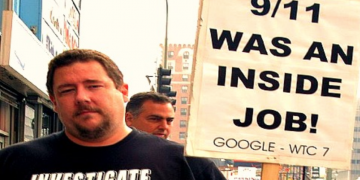
© Damon D'Amato
Conspiracy theorising online is not only an interesting object of research in itself, says Piia Varis (Tilburg University) but as a phenomenon it also seems fruitful ground for understanding present-day media, culture, and politics more generally.